Our smartphones have rapidly transformed into indispensable tools, streamlining everyday tasks and making our lives more comfortable. A “key” manifestation of this technological evolution is the rise of digital keys, turning our devices into secure access points for homes, offices, and even vehicles. In this article, we will address your most pressing questions about digital keys.
Overview
- What is a digital key?
- How does a digital key work?
- Can I use my phone as a key?
- How does a phone key work?
- How does a digital car key work? Can I open a car with my phone?
What is a digital key?
Digital keys use your smartphone to unlock a door. A digital key is a virtual version of a traditional physical key. It’s a form of access control that uses encrypted digital communication and technologies like Bluetooth or NFC to unlock doors. This technology can be applied to various lock types, from building entry locks to padlocks and even furniture locks.
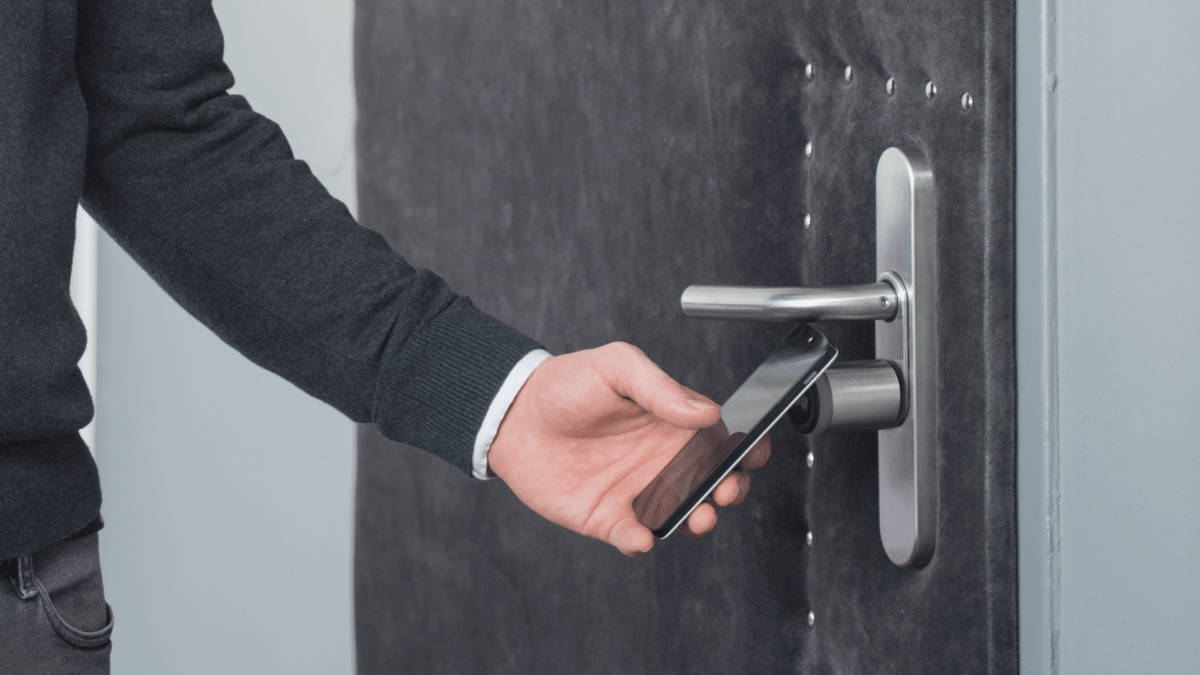
Tap into Digital Keys: Discover the Tapkey App
How does a digital key work?
Digital keys function through secure, encrypted communication between a device such as a smartphone, or NFC tag, and a digital lock. This communication isn’t merely the transmission of an encrypted signal; it relies on advanced challenge-response protocols. In this method: a) The authenticity of the user is verified via a signature, ensuring that no sensitive information is transferred over Bluetooth, NFC, or Wi-Fi. b) It’s not a singular, repeatable signal susceptible to replay attacks, but a unique challenge presented to the client device, which it must correctly answer. If the lock can verify that the sender is authorised, it unlocks.
Can I use my phone as a key?
Yes, you can use any BLE-compatible smartphone as a key! By installing an app, such as the Tapkey App, on your smartphone, you can use your phone to unlock a smart lock. Unlike traditional Bluetooth pairings, our system doesn’t require a fixed connection between devices, offering more flexibility and ease of use. With Tapkey smart locks it is also possible to unlock using NFC on the phone. Just hold your phone close to the lock and it’ll unlock automatically.
How does a phone key work?
Phone keys, or more commonly known as digital keys, typically work through a specific app, like the Tapkey App, that connects your phone to the lock. When you’re tapping the unlock button, the app communicates with the lock. This can be via Bluetooth or NFC. The lock then recognizes the encrypted communication from your phone and unlocks.
How does a digital car key work? Can I open a car with my phone?
A digital car key works similarly to a digital house key, except it’s used for a car. Some modern cars are equipped with smart systems that can be paired with a smartphone, transforming the device into a car key. Using a dedicated app, your phone can send a signal to your car to lock or unlock it, and sometimes even to start the ignition. If your car is not equipped with this, there are options like the flinkey box, that will give you the option to unlock your car with your smartphone.
In conclusion, digital keys offer a combination of convenience and advanced security features. However, as with any technology, it’s crucial to use these features responsibly, including regularly updating software, maintaining strong passwords, and following best practices for digital security.


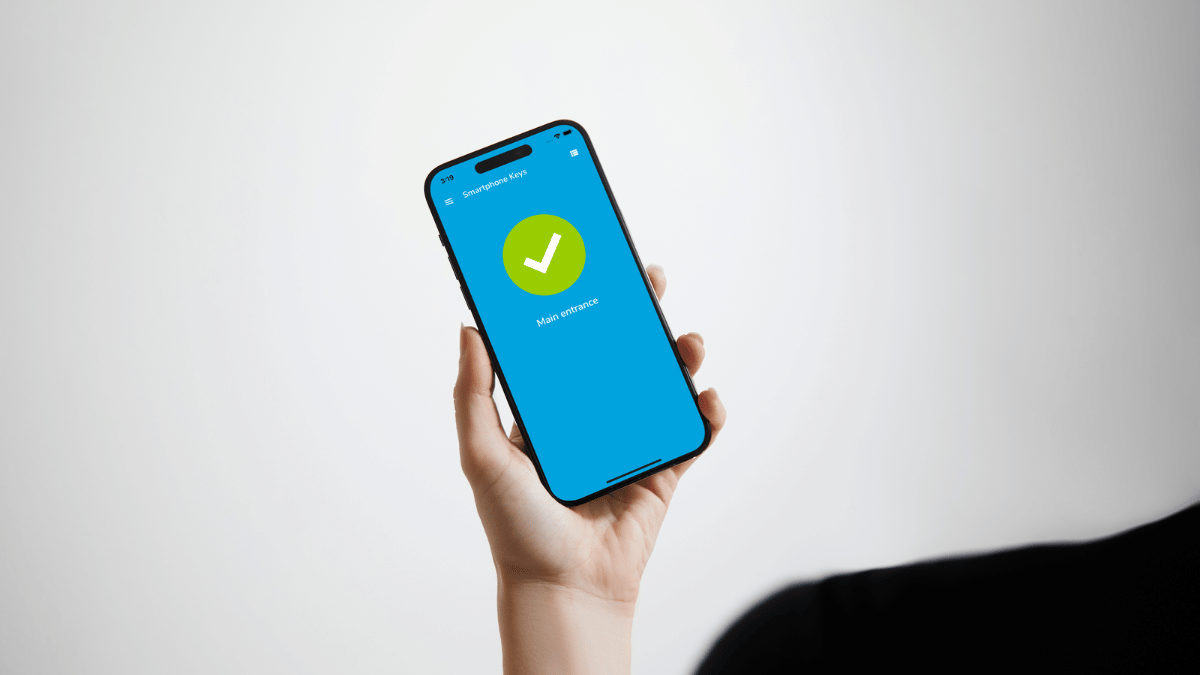
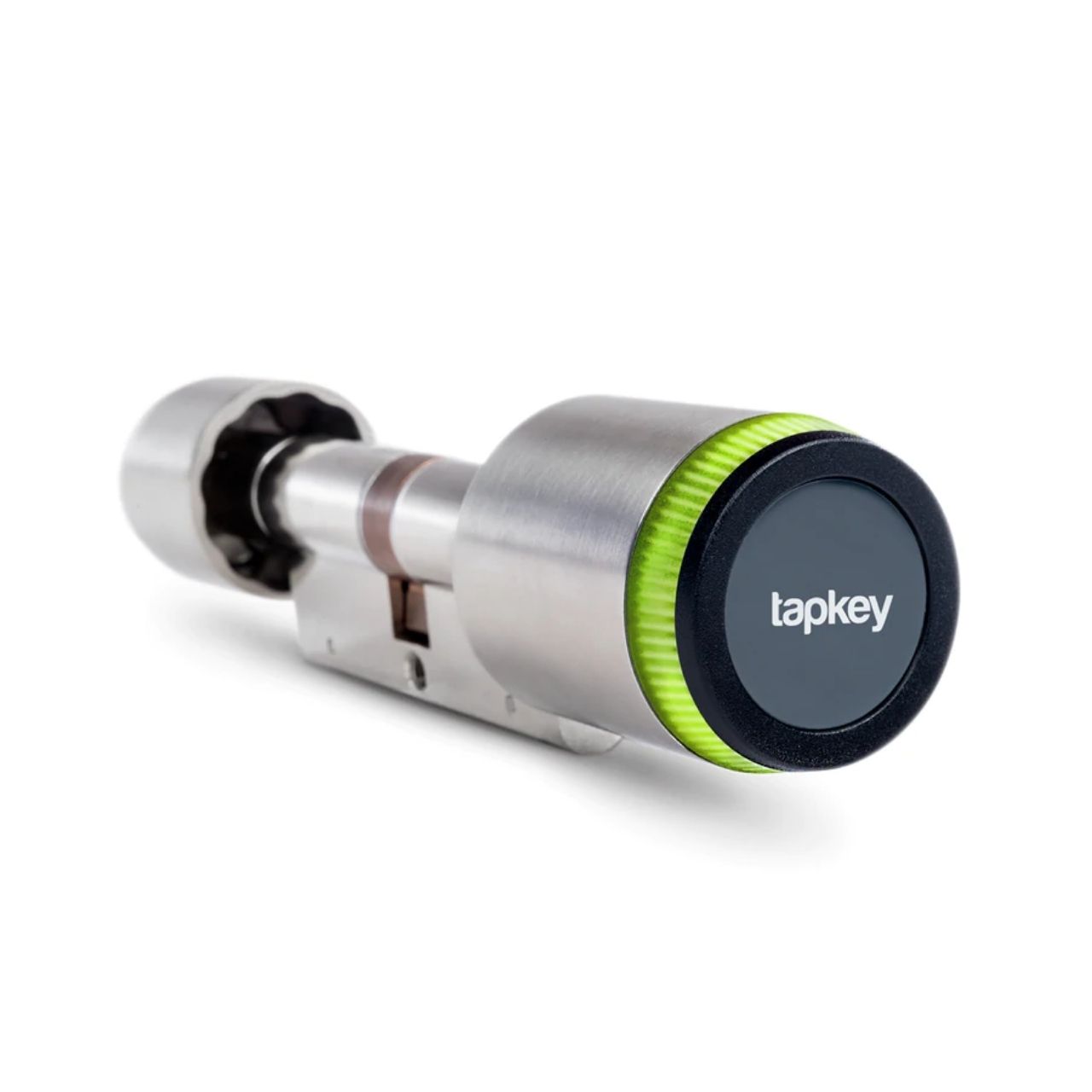
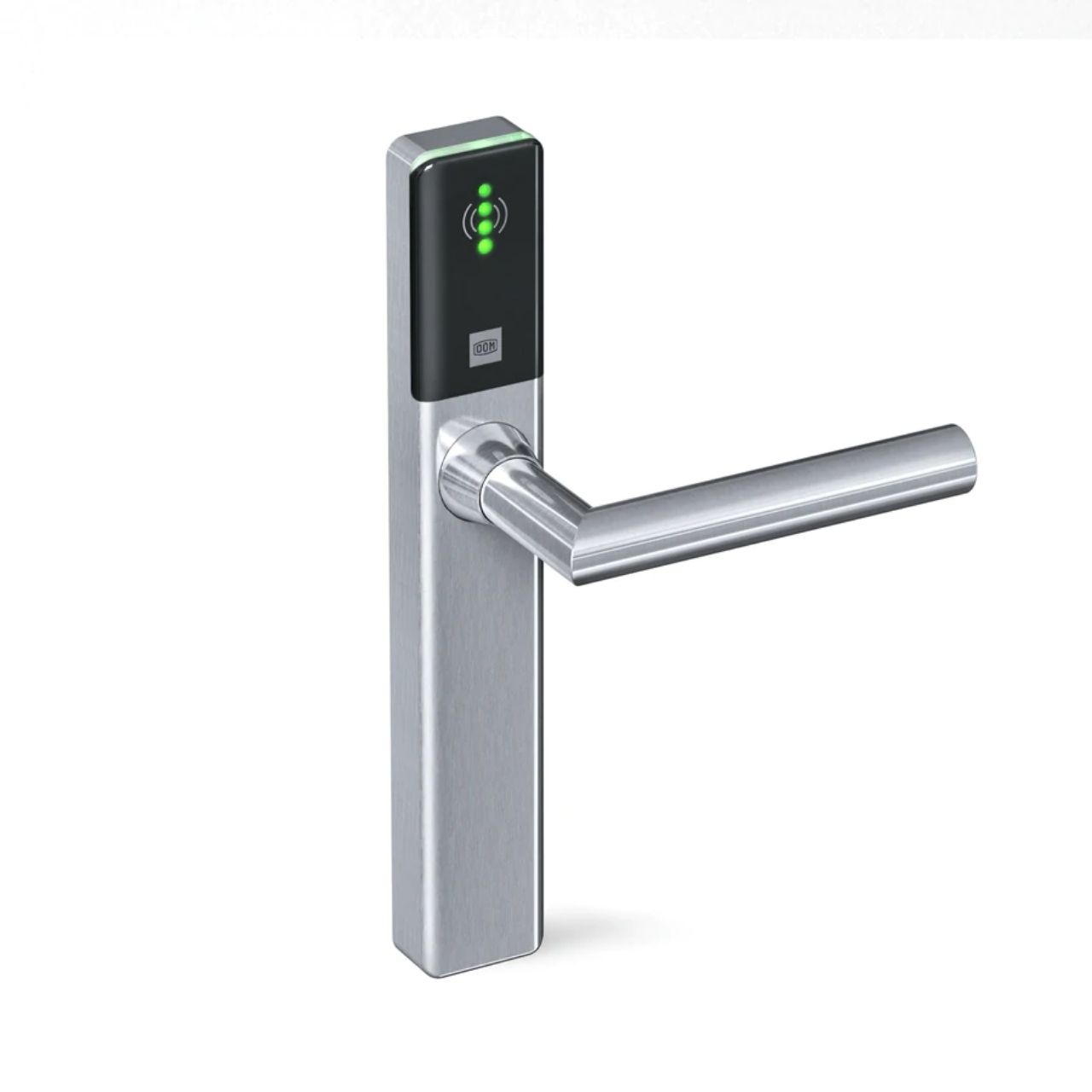
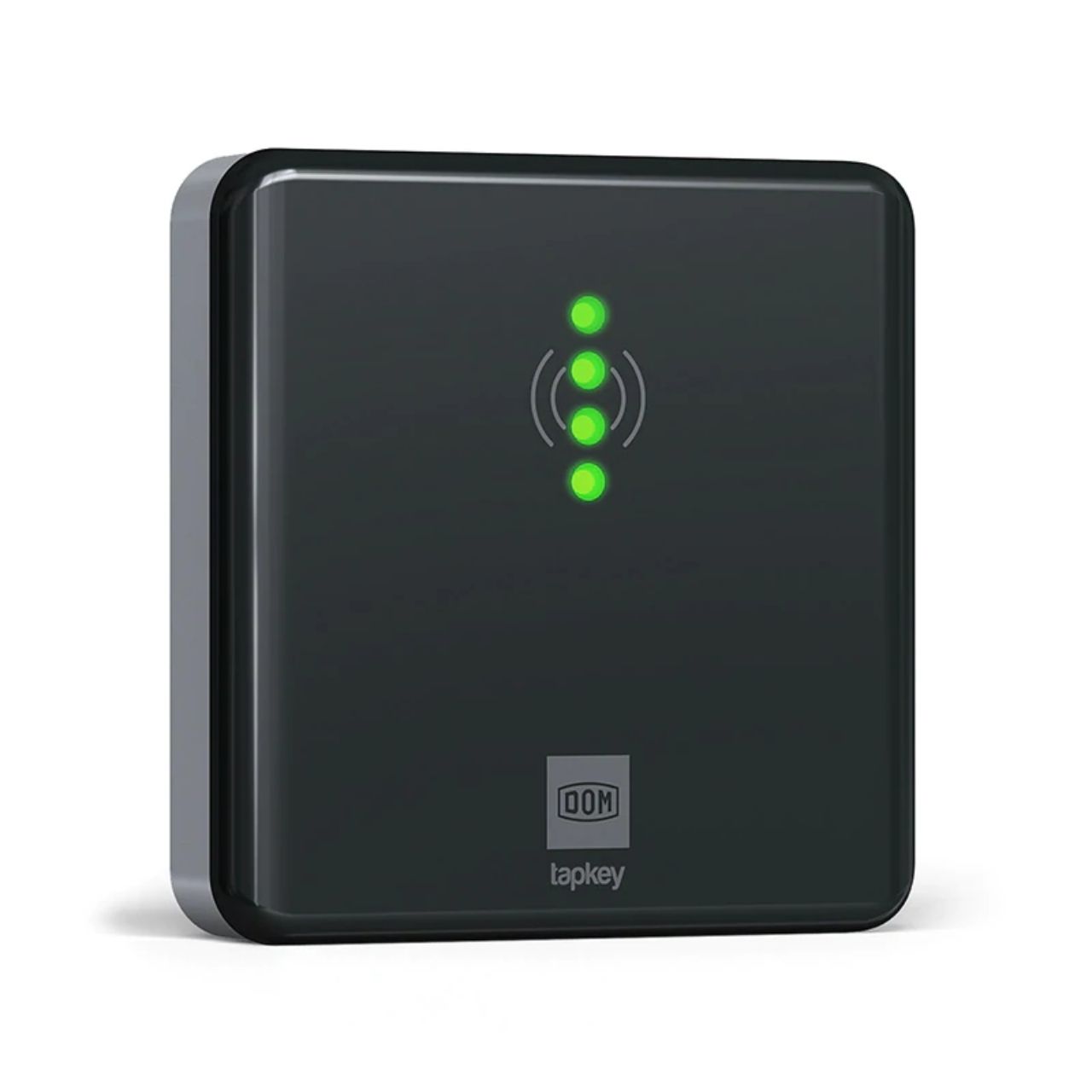
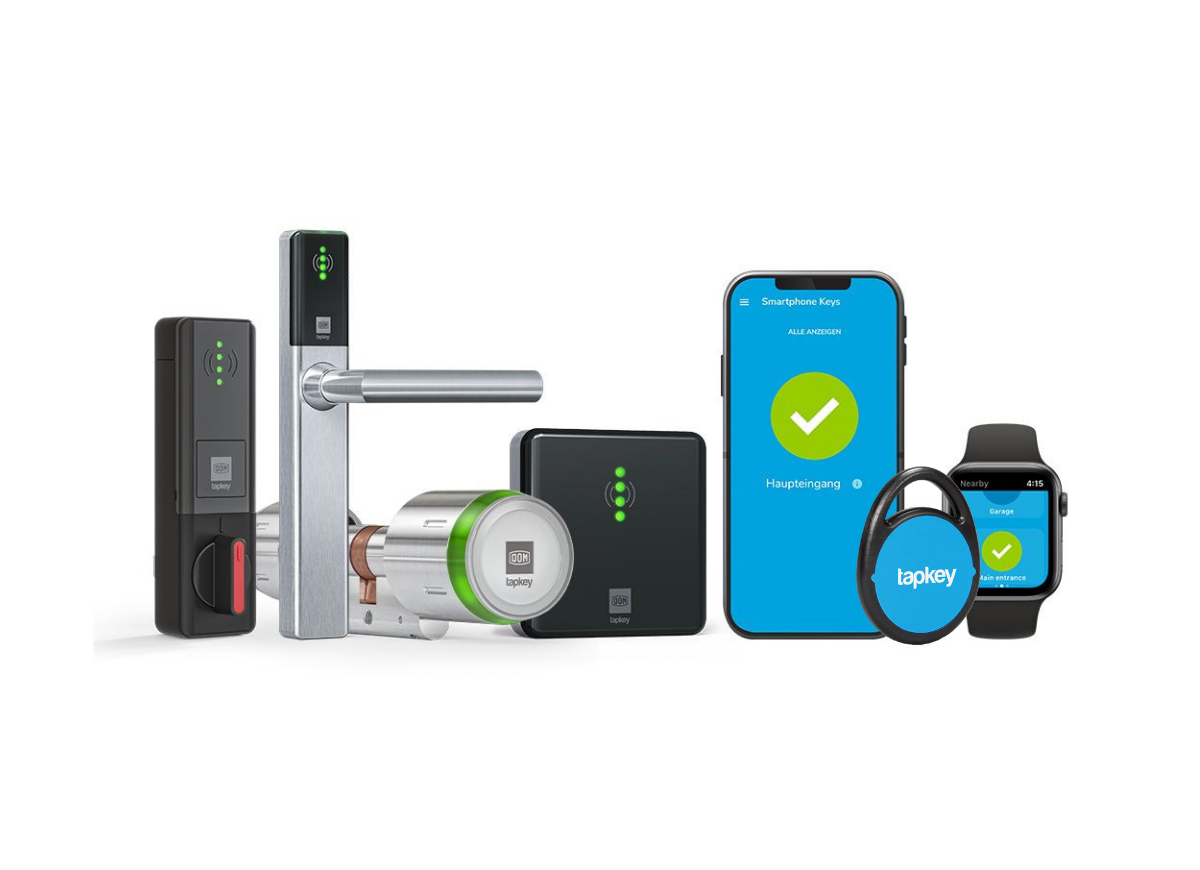
Overview: Digital Locks for Inside Use
Are you looking for an alternative for the [...]
Mehr lesenFeb
Team Spotlight—Get to Know Jochen
We are introducing to you a co-founder as [...]
Mehr lesenJan
A Smarter Approach to Privacy: Tapkey’s Unit Feature for Multi-Tenant Properties
Tapkey’s Unit feature ensures tenant privacy in multi-tenant [...]
Mehr lesenOct
Easy Access Control for Apartments and Weekend Houses
Chalet Burgblick was equipped with smart locks & [...]
Mehr lesenMay